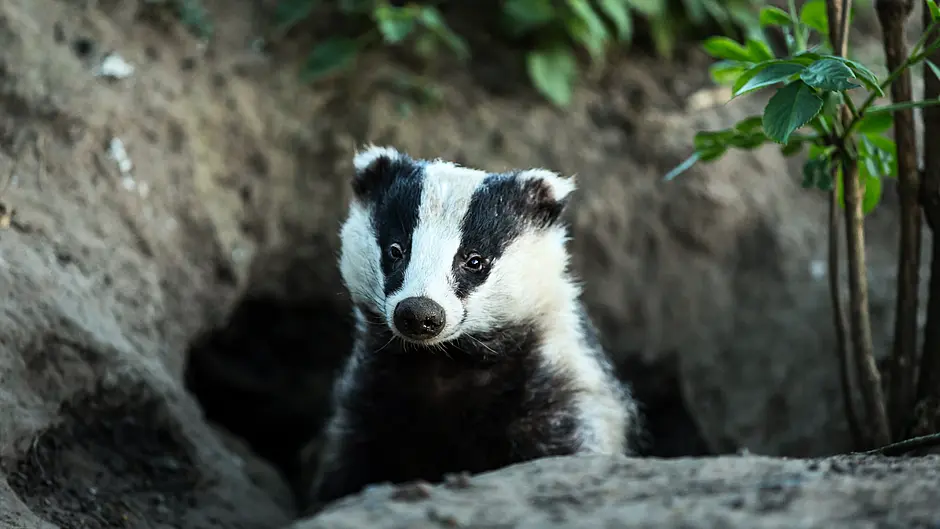AN outbreak of TB in the south west has been described as ‘one of the biggest in West Cork in years’ with around 180 farms facing restrictions, putting serious financial and mental stress on families.
The outbreak has affected farmers in areas including Skibbereen, Bauravilla and Drimoleague, according to IFA Cork West chair Donal O’Donovan. The IFA is seeking a meeting with the Department of Agriculture in January to discuss the matter.
‘This is a very serious outbreak. It’s one of the biggest we’ve seen in West Cork in years,’ he said. ‘We’re seeking a meeting to try to get a handle on it. It’s a very difficult situation and most of the farmers affected have never seen it before. Some of them are young farmers and having something like this happen, it’s a very difficult and worrying time for them.’
West Cork Senator Tim Lombard, who farms in Tracton, says he has endured outbreaks over the past six years and says West Cork is currently experiencing ‘crazy numbers’ of TB infections.
‘The numbers of reactors we are seeing are through the roof – bigger than ever,’ the Fine Gael senator said.
Sen Lombard praised the excellent work of Dept of Agriculture officers in Clonakilty, but said they are in ‘an uphill battle and since 2017, the figures have deteriorated. It’s a major drain on the Department.’
Sen Lombard believes the mental effects on farmers are significant.
‘It’s shocking. It’s tough on young farmers and it’s tough on young vets, too, knowing what a positive test will do to the family dynamics.
‘I believe we need vets to be trained to help deal with this unprecedented stress for farmers. It’s financially crippling. It’s physically exhausting for farmers trying to do even more work and it’s very, very taxing mentally. We need to help farmers ensure this stress doesn’t go beyond the farmyard.’
TB can spread by bringing infected animals into previously clear herds, through contaminated feed, or through machinery moving between farms. But the most common cause is believed to be contact with infected wildlife, such as badgers, or deer.
Badgers play an important role in spreading the disease to cattle. Removing badgers from areas affected by TB or further vaccinating badgers are among the measures which may be implemented by the Department of Agriculture.
Larger herd numbers in modern dairy farming are seen as a contributory factor in the rise of TB. Almost 5,000 herds nationally have suffered a TB breakdown in the past 12 months in comparison with fewer than 4,400 in the previous 12 months.
Last week, Conor O’Mahony, principal officer ERAD division and veterinary medicines at the Department of Agriculture, told an Oireachtas joint committee that the Department is ‘acutely aware of the financial and emotional stress associated with TB breakdown, which causes significant hardship to farmers and farming families. This Department is committed to the objectives of the TB eradication strategy and programme, which aims to reduce and ultimately eradicate this disease in Ireland.’
Sen Lombard is sceptical that eradication can be achieved.
‘We had a proposal to eradicate TB by 2030. I don’t believe that it will ever be eradicated given the nature of Irish farming. It’s not a lab setting.’










